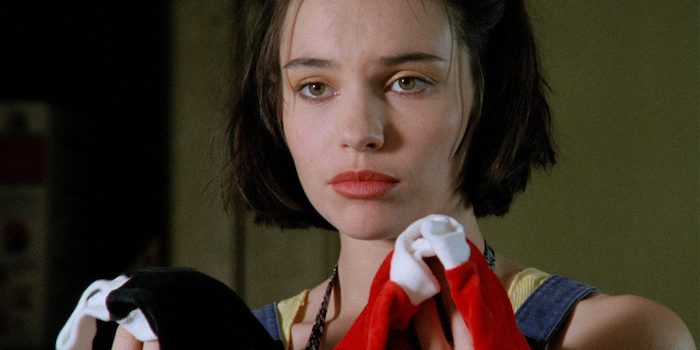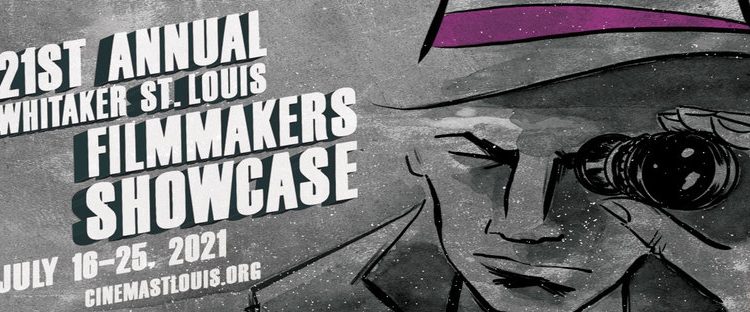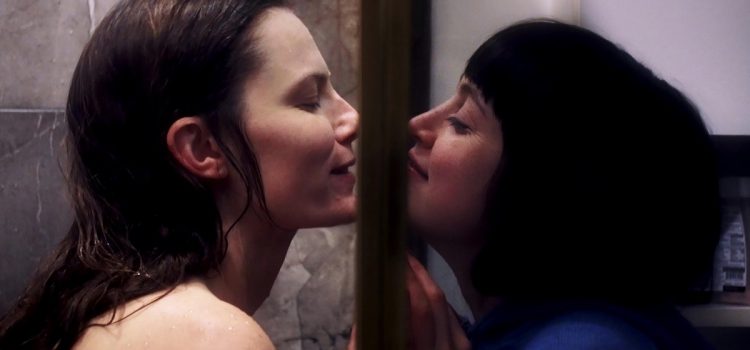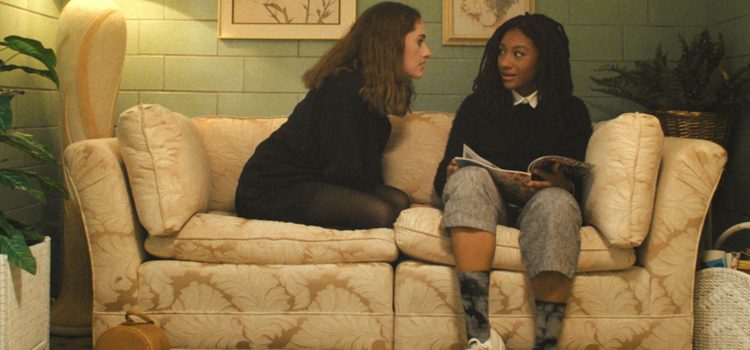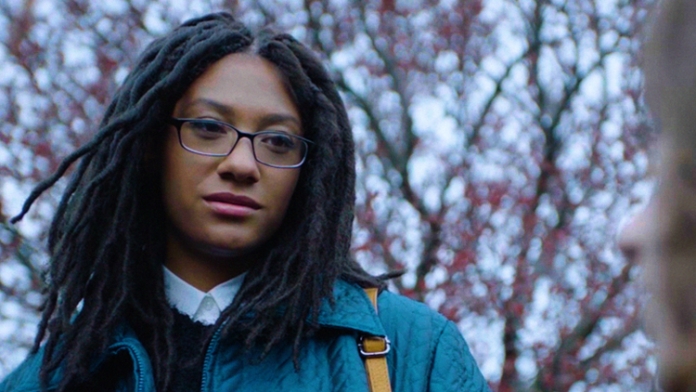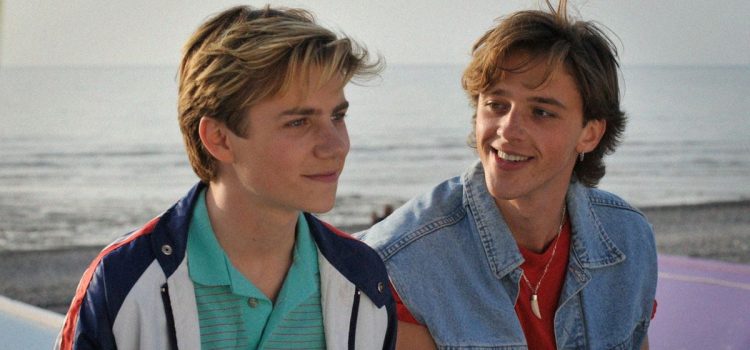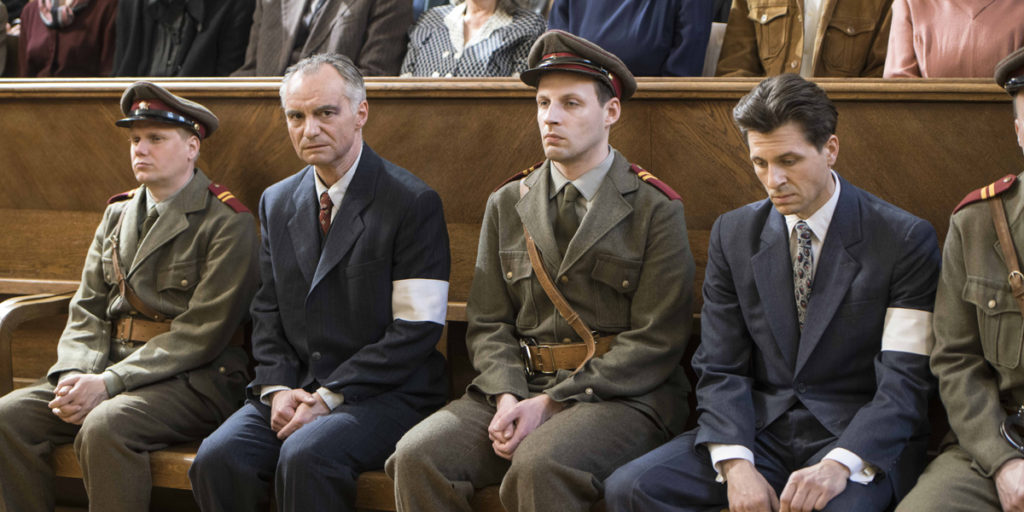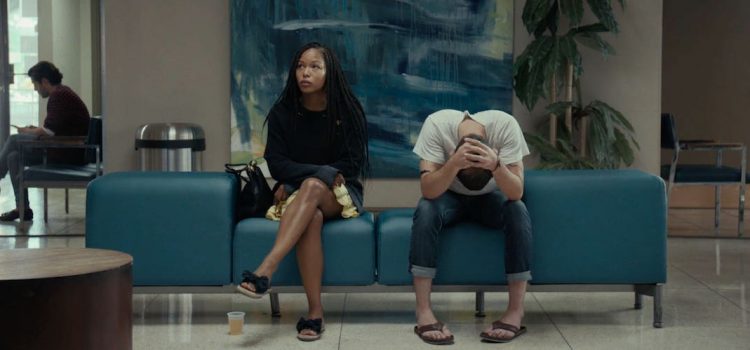Aug. 20-22 and 27-29: Webster University’s Winifred Moore Auditorium in Webster Hall, 470 E. Lockwood Ave.
Tickets/Passes: Tickets are $14 for general admission; $11 for students and Cinema St. Louis members. Two types of passes are available: Five-Film Passes are $60, $45 for CSL members; All-Access Passes are $100, $80 for CSL members. Passes and advance tickets can be purchased through the Cinema St. Louis website. More Info: 314-289-4150, cinemastlouis.org
The 13th Annual Robert Classic French Film Festival — presented by TV5MONDE, sponsored by the Jane M. & Bruce P. Robert Charitable Foundation, and produced by Cinema St. Louis (CSL) — celebrates St. Louis’ Gallic heritage and France’s extraordinary cinematic legacy, offering a revealing overview of French cinema.
The Robert Classic French Film Festival is the first CSL in-person event since the Covid-19 pandemic. The host venues — Washington University on Aug. 13-15 and Webster University on Aug. 20-22 and 27-29 — have not yet determined whether capacity limits or masks will be required. Details will be announced on the CSL website when available.
The fest annually includes significant restorations, and this year features a quintet of such works: Melvin Van Peebles’ “The Story of a Three-Day Pass,” Diane Kurys’ “Entre Nous,” Joseph Losey’s “Mr. Klein,” Jacques Deray’s “La piscine,” and the extended director’s cut of Jean-Jacques Beineix’s “Betty Blue.”
The fest also provides one of the few opportunities available in St. Louis to see films projected the old-school, time-honored way, with Agnes Varda’s “Vagabond” screening from a 35mm print.
As part of CSL’s year-long Golden Anniversaries programming, which features films celebrating their 50th anniversaries, the fest includes a pair of films from 1971: François Truffaut’s “Two English Girls” and Claude Jutra’s French-Canadian “Mon oncle Antoine.”
Completing the fest is a pandemic-delayed tribute to the late Anna Karina, who died in December 2019: Jean-Luc Godard’s essential “Vivre sa vie.”
Every program features introductions and discussions by film or French scholars and critics.
All films are in French with English subtitles (“The Story of a Three-Day Pass” is in both English & French).
TV5MONDE serves as the fest’s presenting sponsor, and the Jane M. & Bruce P. Robert Charitable Foundation is the event’s title sponsor.
Schedule
For film synopses, see the CSL website
7:30 PM FRIDAY, AUG. 13, WASHINGTON U.
Mon oncle Antoine
Claude Jutra, Canada, 1971, 104 min., color, DCP
With an introduction and post-film discussion by Lionel Cuillé, teaching professor in French and director of the cultural center French ConneXions at Washington University.
7:30 PM SATURDAY, AUG. 14, WASHINGTON U.
Entre Nous/Coup de foudre
Diane Kurys, France, 1983, 110 min., color, new restoration, DCP
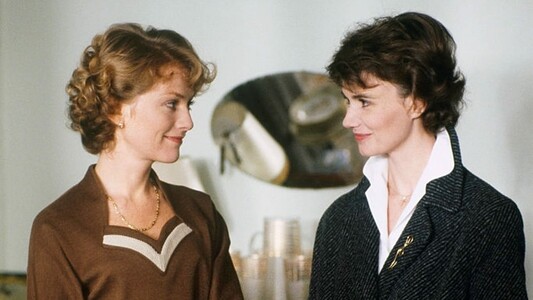
With an introduction and post-film discussion by Colin Burnett, associate professor of Film & Media Studies at Washington U. and author of “The Invention of Robert Bresson: The Auteur and His Market.”
7 PM SUNDAY, AUG. 15, WASHINGTON U.
Mr. Klein
Joseph Losey, France, 1976, 123 min., color, new restoration, DCP
With an introduction and post-film discussion by Pier Marton, video artist, self-described “Unlearning Specialist at the School of No Media,” and former instructor at several leading U.S. universities.
7:30 PM FRIDAY, AUG. 20, WEBSTER U.
The Story of a Three-Day Pass/La permission
Melvin van Peebles, France/U.S., 1967, B&W, 86 min., English & French, new restoration, MP4 file
With an introduction and post-film discussion by Diane Carson, professor emerita of film at St. Louis Community College at Meramec and film critic for KDHX (88.1 FM).
7:30 PM SATURDAY, AUG. 21, WEBSTER U.
Vagabond/Sans toit ni loi
Agnès Varda, France, 1985, 105 min., color, 35mm print
With an introduction and post-film discussion by Kathy Corley, documentary filmmaker and professor emerita of film at Webster University.
6:30 PM SUNDAY, AUG. 22, WEBSTER U.
Betty Blue
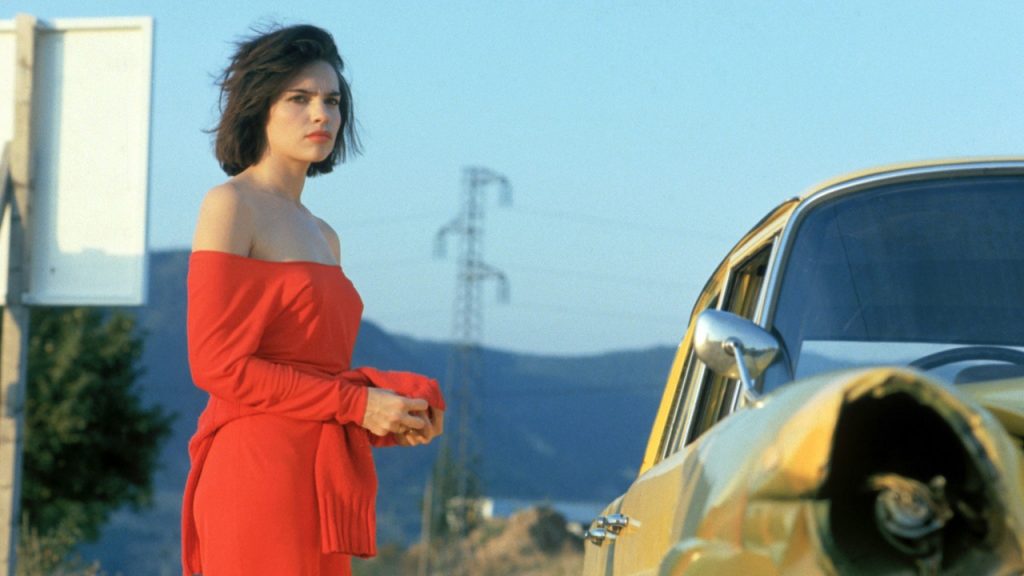
Jean-Jacques Beineix, France, 1986, 185 min., color, new restoration of extended director’s cut, Blu-ray
With an introduction and post-film discussion by Andrew Wyatt, editor of and film critic for Cinema St. Louis’ The Lens and the Gateway Cinephile film blog.
7:30 PM FRIDAY, AUG. 27, WEBSTER U.
Vivre sa vie/Vivre sa vie: Film en douze tableaux
Jean-Luc Godard, 1962, 83 min., B&W, Blu-ray
With an introduction and post-film discussion by Pete Timmermann, director of the Webster U. Film Series and adjunct professor of film studies at Webster U.
7:30 PM SATURDAY, AUG. 28, WEBSTER U.
La piscine
Jacques Deray, 1969, France, 122 min., color, new restoration, Blu-ray
With an introduction and post-film discussion by Calvin Wilson, theater critic for the St. Louis Post-Dispatch, who also writes on film, dance, and music.
7 PM SUNDAY, AUG. 29, WEBSTER U.
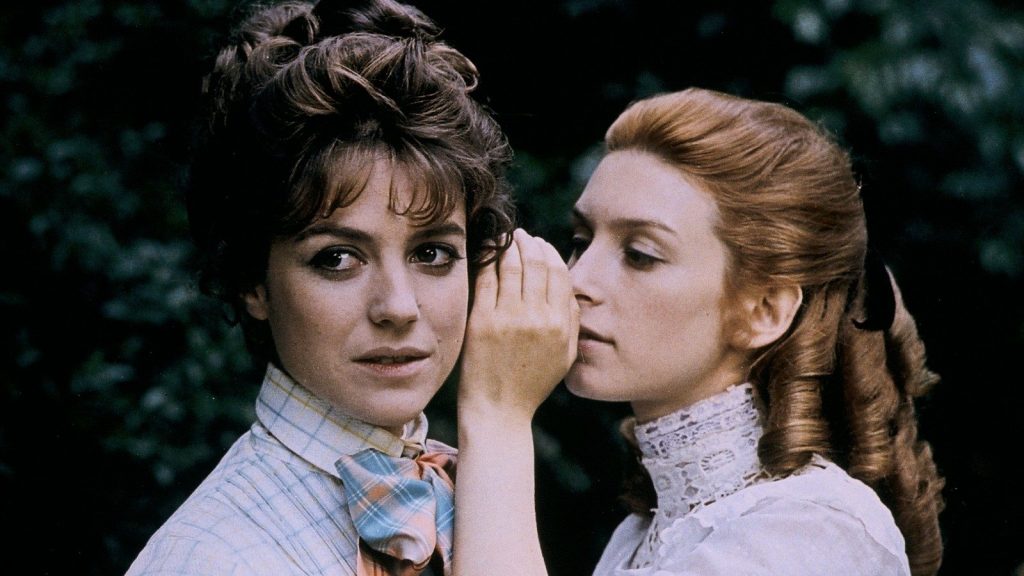
Two English Girls/Les deux Anglaises et le continent
François Truffaut, 1971, France, 130 min., color, Blu-ray
With an introduction and post-film discussion by Robert Garrick, attorney, board member of the French-preservation nonprofit Les Amis, and former contributor to the davekehr.com film blog.

Lynn (Zipfel) Venhaus has had a continuous byline in St. Louis metro region publications since 1978. She writes features and news for Belleville News-Democrat and contributes to St. Louis magazine and other publications.
She is a Rotten Tomatoes-approved film critic, currently reviews films for Webster-Kirkwood Times and KTRS Radio, covers entertainment for PopLifeSTL.com and co-hosts podcast PopLifeSTL.com…Presents.
She is a member of Critics Choice Association, where she serves on the women’s and marketing committees; Alliance of Women Film Journalists; and on the board of the St. Louis Film Critics Association. She is a founding and board member of the St. Louis Theater Circle.
She is retired from teaching journalism/media as an adjunct college instructor.

